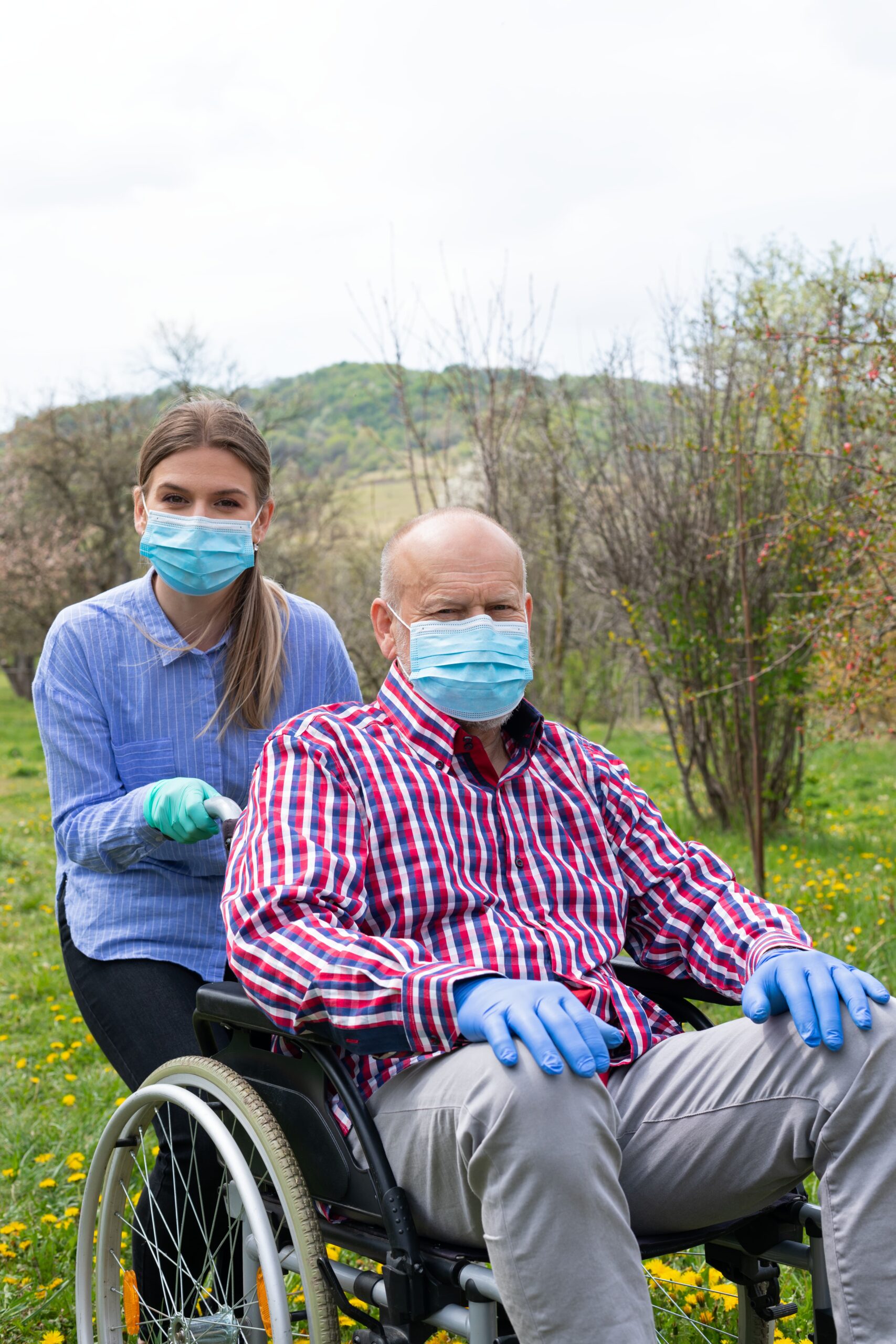Prostate cancer is one of the most common cancers in men, with an estimated 161,000 new cases in 2017 alone. You might have seen it being talked about on the news or being mentioned by family members. But what are the risk factors? How can you reduce your chances of getting prostate cancer? And what are the signs and symptoms of prostate cancer in seniors?
The following are some of the most important things you need to know about prostate cancer in seniors.
How Senior Males Can Reduce The Risk Of Developing Prostate Cancer
Awareness of prostate cancer has been increasing over the years. Here’s a look at what you can do to reduce your risk of developing prostate cancer.
Men aged 50 and above have a higher risk of developing prostate cancer. But there are steps you can take to lower this risk, such as talking with your physician or urologist about blood tests that can detect possible changes in the prostate gland.
Different Types Of Treatment For Older Men With Prostate Cancer
Older men are more likely to be diagnosed with prostate cancer. Age alone does not increase the risk of prostate cancer, but the risk is increased by other factors, such as family history, race, and other medical conditions.
Treatment options for seniors with prostate cancer:
-Hormone therapy
-Radiation therapy
-Chemotherapy
-Surgery



